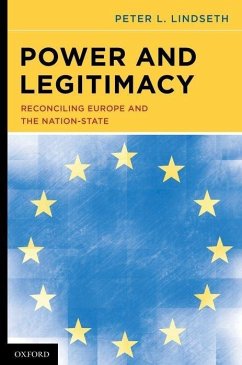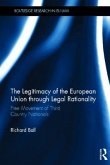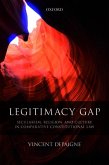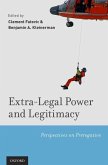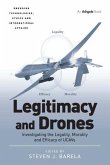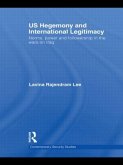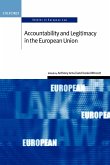The implications of European integration for national democracy and constitutionalism are well known. Nevertheless, as the events of the last decade made clear, the EU's complex system of governance has been unable to achieve a democratic or constitutional legitimacy in its own right. In Power and Legitimacy: Reconciling Europe and the Nation-State, Peter L. Lindseth traces the roots of this paradox to integration's dependence on the postwar constitutional settlement of administrative governance on the national level. Supranational policymaking has relied on various forms of oversight from national constitutional bodies, following models that were first developed in the administrative state and then translated into the European context. These national oversight mechanisms (executive, legislative, and judicial) have over the last half-century developed to address the central disconnect in the integration process: between the need for supranational regulatory power, on the one hand, and the persistence of national constitutional legitimacy, on the other. In defining the ways European public law has sought to reconcile these two conflicting demands, Professor Lindseth lays the foundation for a better understanding of the "administrative, not constitutional" nature of European governance going forward.
Hinweis: Dieser Artikel kann nur an eine deutsche Lieferadresse ausgeliefert werden.
Hinweis: Dieser Artikel kann nur an eine deutsche Lieferadresse ausgeliefert werden.

